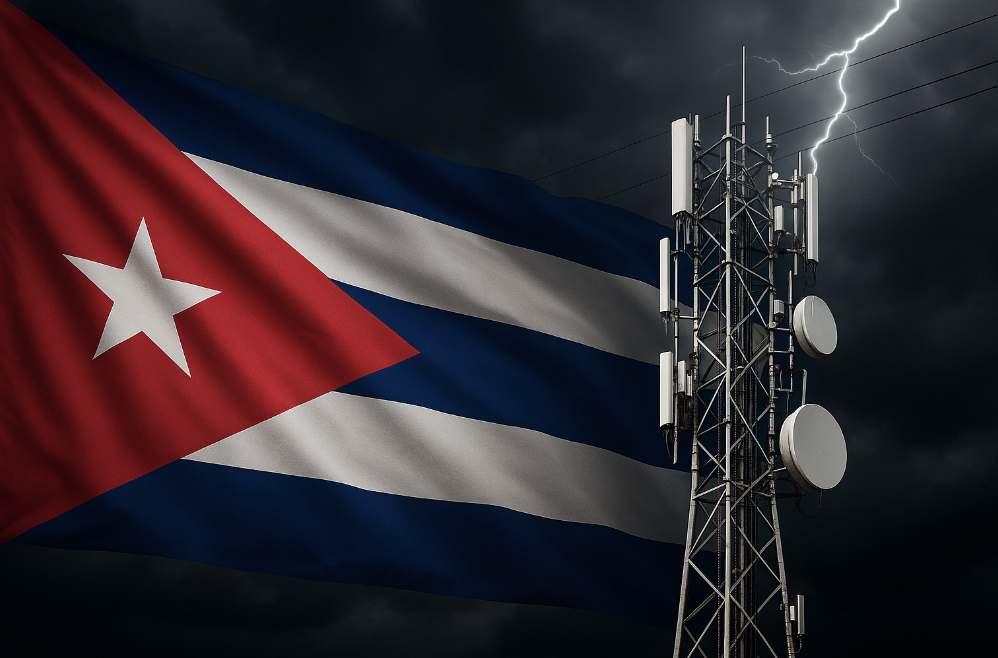
Cuba’s telecommunications sector is grappling with significant challenges as the nation confronts an ongoing energy crisis and infrastructural limitations. Despite recent advancements, including the activation of the Arimao submarine cable that tripled the country’s internet capacity, the sector is under pressure due to frequent power outages and insufficient internal investments.
The Arimao cable, a collaborative project between Cuba’s ETECSA and France’s Orange S.A., has increased global connectivity to 380 Gbps, a substantial improvement from 2021 levels. However, ETECSA’s Executive President, Tania Velázquez, emphasized that internal infrastructure has not kept pace with this growth, citing the need for further investments in radio bases and platforms to ensure quality connections .
Compounding these issues, the country’s energy crisis has led to frequent telecommunications disruptions. Many of ETECSA’s radio bases lack energy backups, causing them to shut down during blackouts. As a result, the company has recommended users switch to 2G networks to maintain basic communication services
In response to these challenges, Prime Minister Manuel Marrero has called for the development of key technologies such as artificial intelligence and cybersecurity. He also emphasized the need to improve service quality and increase mobile phone coverage, particularly in 4G networks.
Despite these efforts, ETECSA reported significant financial losses in 2024, attributed to decreased foreign currency income and fraudulent activities exploiting currency exchange rates . The company plans to implement commercial measures aimed at increasing foreign currency earnings to fund necessary investments.
As Cuba navigates these complex challenges, the government’s commitment to enhancing digital infrastructure and embracing emerging technologies will be crucial in ensuring reliable telecommunications services for its citizens.


